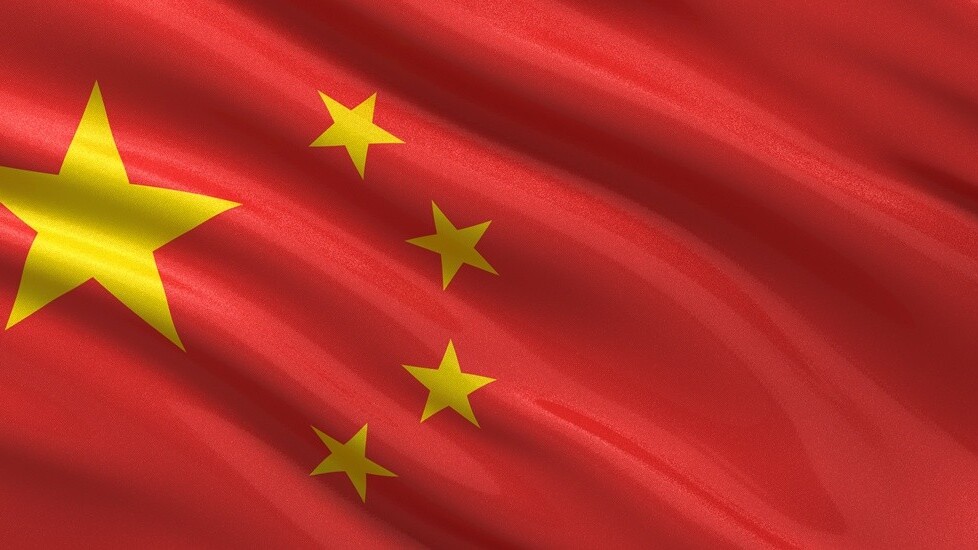
We know that Android is dominating China’s smartphone market — accounting for an estimated 86 percent share of devices in Q4 2012 — and now Samsung, the leading seller of phones based on the Google-owned operating system, has ridden that wave to become China’s top smartphone maker for the first time, according to a new report.
Figures released this weekend from Strategy Analytics — published via the Yonhap — suggest that the Korean electronics giant saw smartphone sales in China nearly triple during 2012. Samsung is said to have sold 30.06 million smartphones (17.7 percent market share) in China during 2012, that’s a significant increase on the 10.9 million (12.4 percent market share) it is estimated to have sold in 2011.
Samsung’s rise to the top of the smartphone tree in China — which is the world’s largest smartphone market — coincides with a huge decline for Nokia, which saw its market share collapse from 29.9 percent to 2011 to just 3.7 percent in 2012. That’s a decline from first place to seventh.
Of the remaining smartphone makers, Lenovo comes in second with 13.2 percent market share, up four percent from 2011. Apple (11 percent market share), Huawei (9.9 percent) and local manufacturer Coolpad (9.7 percent) complete Strategy Analytics’ top five for 2012.
Samsung only began selling mobile devices in China in 2009, making its rise to the top an impressive feat. In terms of overall platform market share, a Strategy Analytics report from February estimated that Android (and Android forks) held 86 percent during Q4 2012, with iOS on 12 percent — that’s a whopping 98 percent dominance.
The caveat about forks is important since China is seeing huge growth in devices sold at ‘affordable’ price points. Baidu is among those pioneering a sub-1,000 RMB ($160) range while, as an interesting editorial from China-based blog Tech Rice explains, factories in the country are churning out devices flashed with modified versions of Ice Cream Sandwich which are cheaper than foreign imports.
“The second transition into no-name devices is coming on even stronger,” Tech Rice’s Kai Lukoff writes, “‘Other’ now accounts for 39 percent of Chinese Android page views on Baidu properties, and growing.”
It will be interesting to see how this trend continues and whether it begins affecting Samsung and others this year. Certainly, the mid- and low-end devices will appeal to new smartphone owners or those shopping on a budget.
Added to that tension, the Chinese government last week voiced its dissatisfaction with Android’s dominance of the Chinese smartphone ecosystem. That’s hardly surprising given Google’s history with authorities in the country — it migrated its principle services to Hong Kong in 2010 on account of state hacking — but the comments are interesting since Google isn’t gaining a huge amount from China where forked devices feature none of its services and its Google Play app store does not include paid content.
Update: There are no charts or tables to support the data since it appears to have been leaked to The Yonhap from a client-only report. We reached out to Strategy Analytics over the weekend and the company has confirmed today that the information was private and not publicly available.
Image via Shutterstock
Get the TNW newsletter
Get the most important tech news in your inbox each week.





